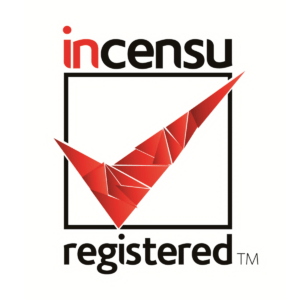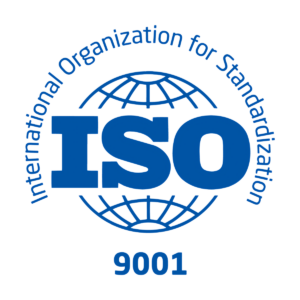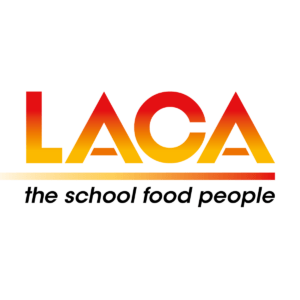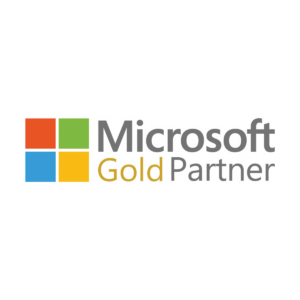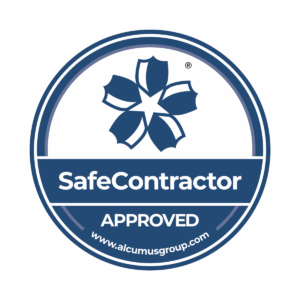Modern Slavery Statement
Introduction
This statement sets out Synel Industries UK actions to understand all potential modern slavery risks related to its business and to put in place steps that are aimed at ensuring that there is no slavery or human trafficking in its own business and its supply chains.
This statement relates to actions and activities during the year [January 1st 2024 to 31st December 2024].
As part of the Data Collection and attendance recording industry, the organisation recognises that it has a responsibility to take a robust approach to slavery and human trafficking.
The organisation is absolutely committed to preventing slavery and human trafficking in its corporate activities, and to ensuring that its supply chains are free from slavery and human trafficking.
Organisational structure and supply chains
This statement covers the activities of Synel Industries UK Ltd
- Synel UK supplies Business and Educational establishments and organisations with data collection solutions for Workforce Management and Student Registration solutions (including Access Control, Visitor Management and Cashless Meals Provision). All our biometric solutions are based on our own in-house software and hardware products. We also purchase electronics and devices from selected suppliers throughout the UK.
The organisation currently operates in the following countries:
- UK
- France
- With oversees sales to the USA, EU, Middle East and North Africa
The following is the process by which the company assesses whether particular activities or countries are high risk in relation to slavery or human trafficking:
- All of our suppliers are selected from the UK companies and expected to fully comply with UK & EU law. Any items purchased outside the UK or Eu are subject to closer scrutiny.
High-risk activities
The following activities are considered to be at high risk of slavery or human trafficking:
- Have assessed our position and suppliers, we do not have any “High Risk” activities.
Responsibility
Responsibility for the organisation’s anti-slavery initiatives is as follows:
- Policies: Polices are set and monitored by the CEO of Synel Industries UK
- Risk assessments: All risk assessments for policy-based operations are undertaken by the CEO of Synel Industries UK or an appropriately appointed person.
- Investigations/due diligence: All investigations and due diligence are carried by the CEO of Synel Industries UK or an appropriately appointed person.
- Training: Policy training is delivered annually during the Company training day.
Relevant policies
The organisation operates the following policies that describe its approach to the identification of modern slavery risks and steps to be taken to prevent slavery and human trafficking in its operations.
- Whistleblowing policy: The organisation encourages all its workers, customers and other business partners to report any concerns related to the direct activities, or the supply chains of, the organisation. This includes any circumstances that may give rise to an enhanced risk of slavery or human trafficking. The organisation’s whistleblowing procedure is designed to make it easy for workers to make disclosures, without fear of retaliation.
- Employee code of conduct: The organisation’s code makes clear to employees the actions and behaviour expected of them when representing the organisation. The organisation strives to maintain the highest standards of employee conduct and ethical behaviour when operating abroad and managing its supply chain.
Due diligence
The organisation undertakes due diligence when considering taking on new suppliers, and regularly reviews its existing suppliers. The organisation’s due diligence and reviews include:
- Evaluating the modern slavery and human trafficking risks of each new supplier.
- Reviewing regularly all aspects of the supply chain
creating an annual risk profile for each supplier. - Invoking sanctions against suppliers that fail to improve their performance in line with an action plan or seriously violate our supplier code of conduct, including the termination of the business relationship.
Performance indicators
The organisation has reviewed its key performance indicators (KPIs) in light of the introduction of the Modern Slavery Act 2015. As a result, the organisation is :
- Developing a system for supply chain verification, expected to be in place by Q4 2018, whereby the organisation evaluates potential suppliers before they enter the supply chain.
- Reviewing its existing supply chains [expected to be completed by Q4 2018], whereby the organisation evaluates all existing suppliers.
Approval
This statement has been approved by the organisation’s CEO, who will review and update it annually.
